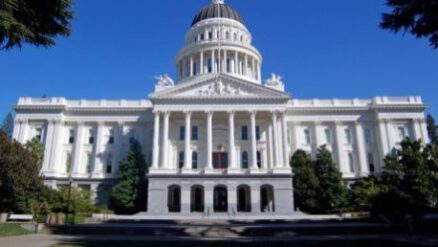As the California Legislature prepares for a week-long spring break, many California cannabis bills were amended including various placeholder bills which saw the addition of substantive provisions.
The 2024 California Cannabis Bills address a range of topics including:
- preparation or sale of noncannabis food or beverage products by a licensed retailer or microbusiness;
- cannabis licensees and industrial hemp;
- sentencing enhancements for concentrated cannabis;
- granting the California Department of Cannabis Control the sole authority to transfer, assign, or reassign state cannabis licenses;
- extending the tax exemption for medicinal cannabis donations;
- cannabis cultivation site restoration and the California Department of Fish and Wildlife;
- making unlawful cannabis cultivation a felony;
- requiring cannabis licensees to pay for goods & services within 15 days of invoice due date;
- the definition of gross receipts by a city or county;
- consolidation of licensing under one license type called an operator license;
- collection of demographic information by the DCC;
- exemptions from provisions prohibiting employment discrimination for cannabis use;
- cannabis advertising and marketing restrictions;
- use of medicinal cannabis by terminally ill patients in a general acute care hospital; and more.
August 31, 2024 is the last day for any bill to be passed. September 30 is the last day for the Governor to sign or veto bills.
The State Legislature is somewhat restricted in changing California cannabis laws. The Control Regulate and Tax Adult Use of Marijuana Act of 2016 (AUMA), an initiative measure approved as Proposition 64 at the November 8, 2016, statewide California general election, authorizes the California Legislature to amend its provisions by a bill passed with a 2/3 vote of each house of the Legislature, if the amendment furthers its purposes and intent. AUMA also authorizes the Legislature to amend other provisions by a bill passed by a majority vote if the bill implements specified substantive provisions and the amendments are consistent with and further the purposes and intent of the act.
See the full list of California cannabis bills and read more about each of the bills in the complete 2024 California Cannabis Law Legislative Update.
Contact us by phone or email to learn more about California cannabis law including state, county or city cannabis licensing and cannabis regulations, cannabis regulatory compliance, and cannabis litigation.

